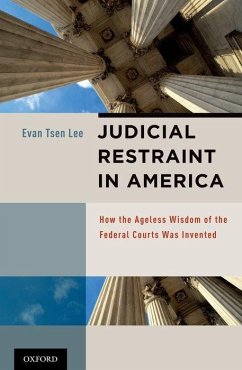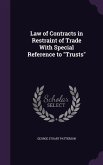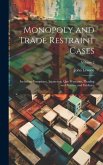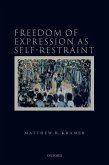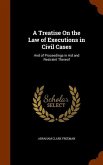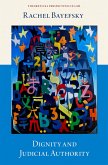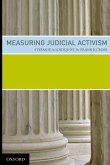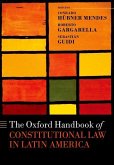Many legal scholars believe that judges should not be "activists." But exactly what does it mean for judges to practice "restraint," and how did that set of practices evolve in America? In Judicial Restraint in America: How the Ageless Wisdom of the Federal Courts was Invented, Evan Tsen Lee traces the cultural, social, and intellectual forces that shaped the contours of judicial restraint from the time of John Marshall, through the "vested property rights" courts of the early 20th Century, through the Warren Court, and up to the present. The Supreme Court and the many lower federal courts have long used mystifying technical doctrines known as "standing" and "abstention" out of a professed fidelity to judicial restraint. Yet this book aims to demonstrate that the concept of judicial restraint cannot be meaningfully viewed outside of the varying contexts of American history. The notion of judicial restraint only makes sense in light of the waxing and waning American commitments to property rights and Protestant idealism, to scientific pragmatism, to racial equality, and even to environmental protection and the need to stem climate change. This book focuses on the personalities and lives of powerhouse Supreme Court justices - John Marshall, Oliver Wendell Holmes, Louis Brandeis, Felix Frankfurter, William Brennan, and now Antonin Scalia. Largely written in narrative form, it will appeal to those interested in how politics, society, and the power of ideas have shaped American public law.
Hinweis: Dieser Artikel kann nur an eine deutsche Lieferadresse ausgeliefert werden.
Hinweis: Dieser Artikel kann nur an eine deutsche Lieferadresse ausgeliefert werden.

